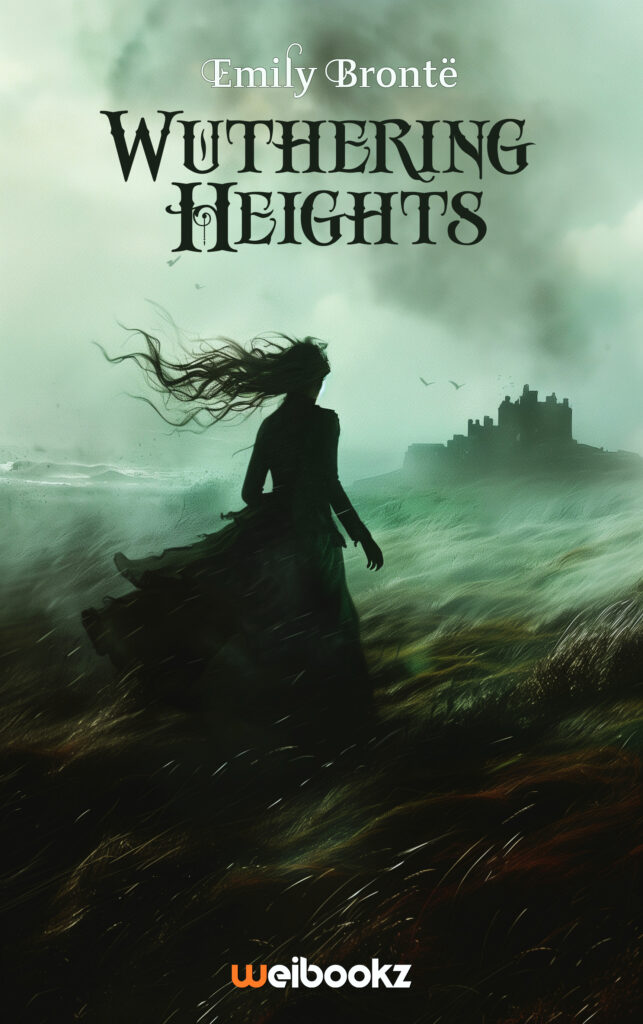
Emily Brontë
Emily Brontë was an English novelist and poet whose short life produced works that continue to startle and enthrall readers.
Born on the windswept moors of Yorkshire, she was the middle child among the surviving Brontë siblings.
Her early life was marked by loss, with her mother’s death when Emily was just three.
This hardship, along with the isolation of their rural home, fueled Emily’s rich imagination.
The Brontë siblings were known for creating elaborate fictional worlds together.
Emily, however, was fiercely independent and more private than her sisters.
She channeled her creativity into poetry, publishing a collection with Charlotte and Anne under pen names in 1846.
While primarily educated at home, Emily had a brief stint at boarding schools.
However, her strong attachment to her family and the Yorkshire moors led to her early return home.
Despite this, she was a voracious reader, delving into her father’s extensive library and fueling her own creative fire.
In 1847, Emily defied expectations with the publication of “Wuthering Heights.”
This dark and passionate novel, set against the stark beauty of the Yorkshire moors, shocked readers with its raw emotion and unconventional structure.
Though initially criticized for its dark themes, “Wuthering Heights” has gained recognition as a masterpiece of English literature.
Described as quiet and reserved, Emily was also known for her fierce loyalty and strong will.
She had a deep connection to nature, finding solace and inspiration in the wild beauty of the moors.
Though private, she shared a close bond with her sister Anne, often venturing out on walks and exploring the moors together.
Sadly, Emily’s life was marked by loss.
She witnessed the deaths of her two older sisters from tuberculosis, a constant threat that loomed over the family.
This experience undoubtedly shaped the themes of mortality and grief present in her writing.
Despite her short life and limited published works, Emily Brontë left an undeniable mark on literature.
“Wuthering Heights” continues to be studied and admired for its originality, raw emotion, and exploration of complex human relationships.
Her poems offer further insight into her unique perspective and passionate spirit.
Due to her private nature and lack of surviving letters, much of Emily Brontë’s inner life remains a mystery.
However, her work offers a window into her soul, revealing a brilliant and imaginative mind that continues to captivate readers and inspire new interpretations.

